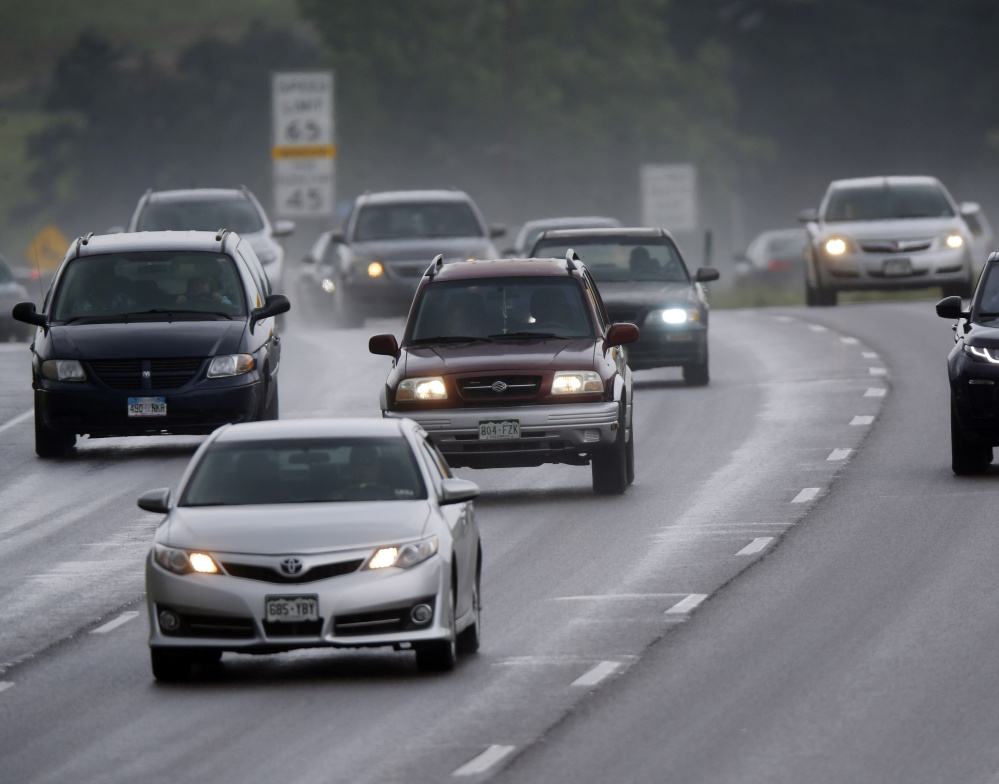A group of East Coast states wants to help overhaul the way America pays for its decaying roads, and it’s starting with Monopoly money.
Delaware, Pennsylvania, Connecticut and New Hampshire are proposing pilots to figure out how they might charge motorists a fee for the miles they travel – rather than taxing their gas, as state and federal officials do today.
The I-95 Corridor Coalition, which represents transportation officials from 16 states and the District of Columbia, applied for a federal grant last month to test the idea.
Officials would stitch together the policies and technologies needed to count the miles driven by 50 recruits from each of the four states, including state legislators, transportation officials or other willing guinea pigs. They would send out “faux invoices” monthly. And they would collect the data that legislatures – and the driving public – would require to decide if the change makes sense.
Although California plans to launch a pilot in July, also with fake invoices, and Oregon has had success with a volunteer program collecting actual cash, the concept is not particularly well known – or well loved across the country.
The Mineta Transportation Institute, which has polled the public on a variety of tax questions for the past seven years, found that the mileage tax was “unwaveringly unpopular.” In the latest survey, which covered 1,500 people and was released this month, the institute found that support ranged between 23 percent and 48 percent, depending on how the question was framed. More people liked the idea if the mileage tax varied by how much a car pollutes.
But Jennifer Cohan, Delaware’s secretary of transportation and chair of the coalition, said states have no choice but to seek alternatives.
“Reliance on the gas tax as a major contributor to funding transportation is no longer a viable option,” Cohan said.
The federal gas tax of 18.4 cents per gallon has not been raised since 1993, and many states have not indexed their own gas taxes to inflation, so those key funding sources have fallen far behind the nation’s needs.
Copy the Story LinkSend questions/comments to the editors.



Success. Please wait for the page to reload. If the page does not reload within 5 seconds, please refresh the page.
Enter your email and password to access comments.
Hi, to comment on stories you must . This profile is in addition to your subscription and website login.
Already have a commenting profile? .
Invalid username/password.
Please check your email to confirm and complete your registration.
Only subscribers are eligible to post comments. Please subscribe or login first for digital access. Here’s why.
Use the form below to reset your password. When you've submitted your account email, we will send an email with a reset code.